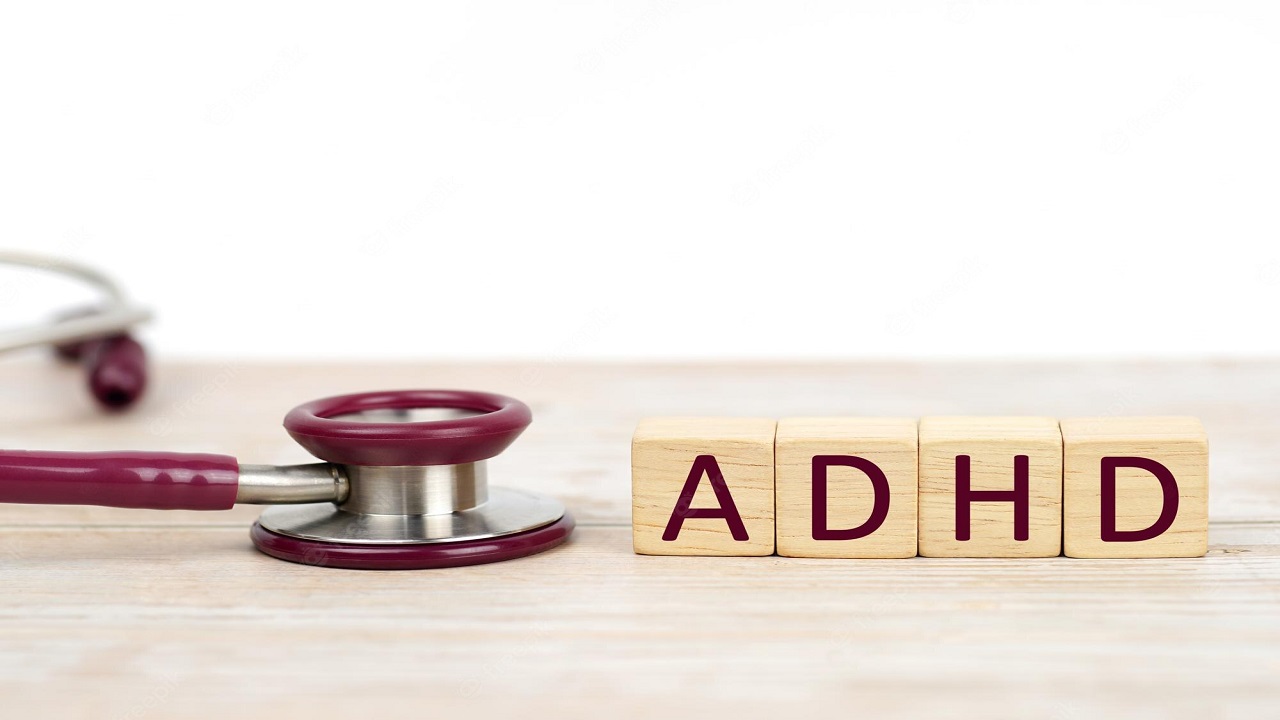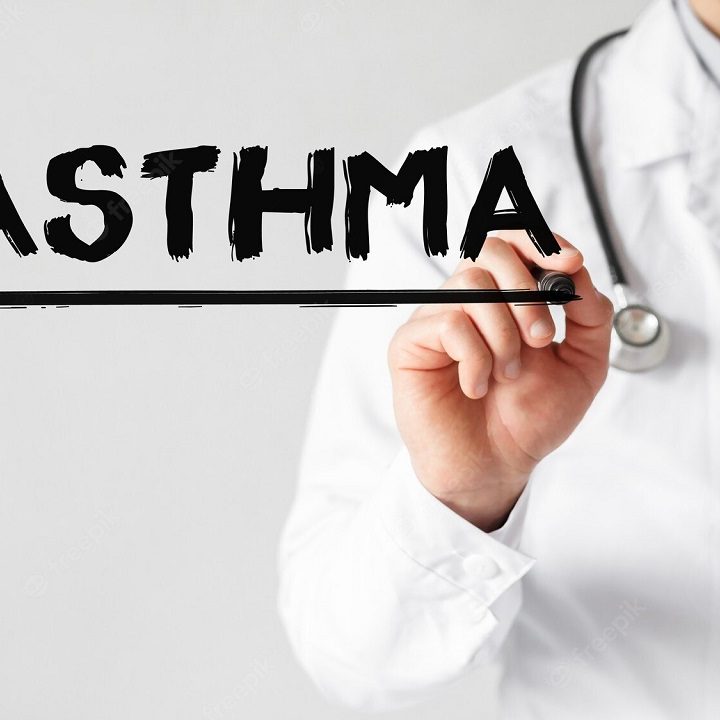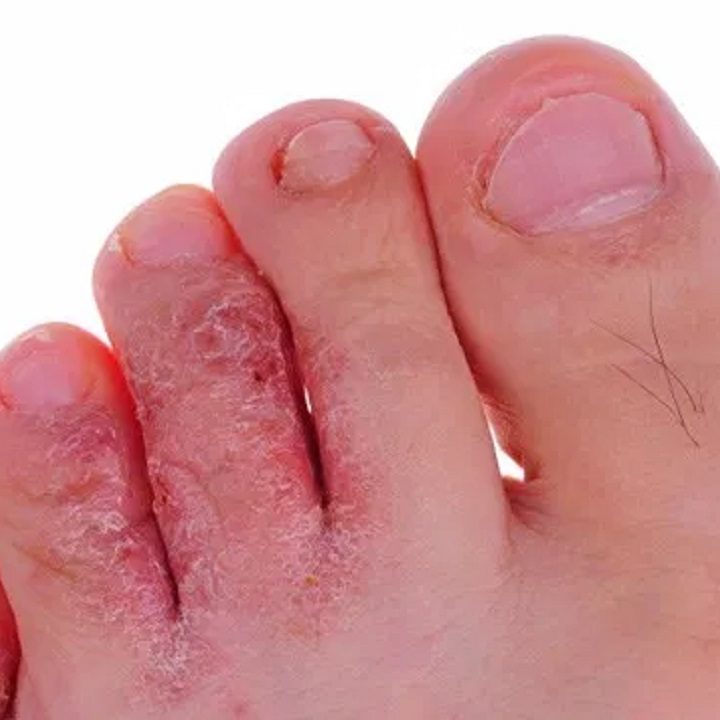Home Remedies For Attention Deficit Disorder
Attention deficit disorder and hyperactivity are the epidemics of our age, but current treatment is woefully inadequate. While our society wages an ongoing “war on drugs,” millions of children are hooked on “speed” in the form of Ritalin and amphetamines. Apart from serious and permanent side effects, these do not remotely address underlying causes and can in no way be regarded as a cure. On the other hand home remedies for ADD and ADHD are a great natural alternative if you want your child to remain drug-free.
Diagnoses such as learning disability, hyperactivity, and poor impulse control are usually attributed to a brain chemistry imbalance. A better term might be “toxic brain syndrome,” since the overriding factor is a constant bombardment of the child’s nervous system with pesticides, mercury, lead, food additives, artificial sweeteners, vaccines, antibiotics, and allergenic foods. Each one of these factors has been shown to significantly and profoundly impact developing brain cells and combine together with devastating effects. Home remedies for ADD and ADHD are free of chemicals and side effects.
A full-scale assault on these problems requires a homeopathic, herbal, and nutritional program to undo the developmental and biological damage caused by chronic exposure to toxins. Home remedies for ADD and ADHD have the short-term gain of relaxing and calming while improving brain function and neurotransmitter production. In the long run, nervine and adaptogenic plants can protect, detoxify and heal the nervous system—all without the significant toxicity or side effects of drugs. See also Anxiety – Fatigue -Insomnia – Depressions – Memory – Stressto treat ADD and ADHD with home remedies.
Home Remedies For Attention Deficit Disorder
- Bacopa-Brahmi/Bacopa monnieri
- Calming and sedative. Improves attention deficit disorder; important for hyperactivity.
- Improves intellectual capacity, acuity, clarity of thought, and concentration.
- Improves memory, especially in the elderly; shortens learning time.
- California Poppy-Eschscholzia californica
- A gentle sedative that relieves psychological and emotional disturbances in kids.
Soothes and balances an overactive nervous system.
- Reduces attention deficit disorder and tension in overactive states and decreases spasms.
- Effective for difficulty in falling asleep or frequent, regular waking.
- Catnip-Nepeta cataria
- Relieves attention deficit disorder, restlessness, tension, stress, and hyperactivity.
- A mild relaxant that promotes restful sleep. Helps with diarrhea, headache, colic, or stomach ache due to stress. Balances mood swings or hysteria.
- Ginkgo-Ginkgo Biloba
- Improves focus, memory, cognition, knowledge retention, and perception.
- Increases neurotransmitters, and boosts the brain’s ability to use oxygen.
- Increases circulation to the brain; high in nutritive antioxidants that protect the brain and nervous system from damage by various toxins.
- Grape Seed Extract-Vitis vinifera
- Contains bioflavonoids with the most potent antioxidant effects known.
- Able to cross the blood-brain barrier and directly protect the brain against a wide variety of toxins and damaging free radicals.
- Improves brain blood flow, and strengthens brain capillaries.
- Hops-Humulus lupulus
- Indicated for nervous tension, excitability, restlessness, and irritability.
- Excellent for insomnia, taken orally or as hops and lavender pillow.
- Calms and improves the mood, but should be avoided in depression.
- Strengthens and stimulates digestion, and relieves intestinal discomfort.
- Kava Kava-Piper methysticum
- Valuable in attention deficit disorder; relieves attention deficit disorder without any cognitive or mental impairment. Reduces insomnia, tension, and stress.
- Produces a sense of tranquility and softens angry or violent feelings.
- Significantly improves mood, tension level, and sleep patterns.
- Lemon Balm-Melissa Officinalis
- A gentle, safe, and calming children’s herb for depression and attention deficit disorder.
- Relaxes the nervous system; eases agitation while soothing digestion.
- Oats-Avena Sativa
- The nervous system is nutritive and tonic for mental stress, nervousness, overwork, exhaustion, and weakness. Improves mental concentration, and focus.
- Eases stress, tension, depression, and insomnia—but improves clarity.
- Excellent for transitioning and weaning off neurological medications.
- Skullcap-Scutellaria lateriflora
- Helps with attention deficit disorder, restlessness, crying spells, irritability, and nervousness.
- A useful daytime sedative, with no mental impairment or drowsiness.
- Nervine action relieves frequent headaches and relaxes muscular spasms.
- St. John’s Wort-Hypericum perforatum
- An herb of choice for attention deficit or hyperactive children.
- Calms an agitated nervous system, yet safe for long-term usage.
- Regulates mood and attention, and relieves feelings of sadness, apathy, low self-esteem, isolation, anger, guilt, and shame. Good for nervous exhaustion.
- Valerian-Valeriana officinalis
- Relaxing and sedating, reduce restlessness, and nervousness, and improve sleep; should be taken for 2-4 weeks to improve mood and sleep.
- Shows improvements in learning skills, with less aggressive behavior.
Why use home remedies for attention deficit disorder?
The prescription medication methylphenidate (Ritalin) has become the most commonly prescribed medication to ease hyperactivity. Researchers are discovering, however, that this medication has many potentially serious, long-term side effects including decreased appetite, weight loss, insomnia, slowed growth, increased heart rate, increased blood pressure, a period of increased irritability and intolerance at the onset of use, and the possibility of developing Parkinson’s disease. Increasing adverse reports have been released in recent years, warning parents of the possible side effects of Ritalin—with some reports even comparing it to cocaine.
Other prescription medications often prescribed include dextroamphetamine (Dexedrine, a stimulant that produces calming effects equivalent to Ritalin), pemoline (Cylert, a stimulant that has been restricted by the FDA to use as a secondary medication because it can cause liver failure), methamphetamine (Desoxyn), amphetamine-dextroamphetamine combination (Adderall), and tricyclic antidepressants (if depression is suspected). For periods of extreme anger and aggression, a tranquilizer called thioridazine (Mellaril) may be prescribed, but it should be used only as a last resort. Various side effects, some of them serious, have been reported with all of these medications.
Due to the many potentially harmful side effects of the medications available for ADD/AD-HD sufferers, a growing number of parents and health professionals are turning to all or a combination of the following as a way to reduce, and even possibly eliminate the symptoms of ADD/ ADHD: alteration of diet; vitamin and mineral supplementation; herbal remedies; counseling; and the love and support of family, teachers, and friends. Many believe that medicating the problem is merely masking the symptoms without getting to the root of the problem.
Author: Dr Izharul Hasan
READ MORE:



What i do not realize is if truth be told how you’re not really much more neatly-preferred than you might be now. You are very intelligent. You recognize therefore considerably on the subject of this matter, made me in my view believe it from a lot of numerous angles. Its like women and men don’t seem to be fascinated until it is one thing to accomplish with Lady gaga! Your own stuffs outstanding. At all times care for it up!
Someone necessarily assist to make critically articles I’d state. This is the first time I frequented your web page and so far? I amazed with the research you made to make this actual post amazing. Wonderful process!
What Is Sugar Defender? Sugar Defender is a new blood sugar-balancing formula that has been formulated using eight clinically proven ingredients that work together to balance sugar levels.
I’d have to examine with you here. Which is not one thing I usually do! I take pleasure in reading a post that may make folks think. Additionally, thanks for permitting me to comment!
I went over this internet site and I think you have a lot of superb information, bookmarked (:.
Pretty section of content. I just stumbled upon your web site and in accession capital to assert that I acquire actually enjoyed account your blog posts. Anyway I will be subscribing to your augment and even I achievement you access consistently rapidly.
Wow, fantastic blog format! How long have you ever been blogging for? you make blogging look easy. The entire glance of your website is magnificent, as well as the content material!
Renew: An Overview. Renew is a dietary supplement formulated to aid in the weight loss process by enhancing the body’s regenerative functions
Thank you for sharing with us, I conceive this website truly stands out : D.
Great line up. We will be linking to this great article on our site. Keep up the good writing.
of course like your web-site however you have to check the spelling on quite a few of your posts. Several of them are rife with spelling issues and I find it very troublesome to tell the truth then again I will surely come back again.
What is Java Burn? Java Burn, an innovative weight loss supplement, is poised to transform our perception of fat loss.
Hi, just required you to know I he added your site to my Google bookmarks due to your layout. But seriously, I believe your internet site has 1 in the freshest theme I??ve came across. It extremely helps make reading your blog significantly easier.
Hello there, just became alert to your weblog via Google, and located that it is truly informative. I’m going to be careful for brussels. I will be grateful for those who continue this in future. Lots of people can be benefited from your writing. Cheers!
Way cool, some valid points! I appreciate you making this article available, the rest of the site is also high quality. Have a fun.
Fascinating blog! Is your theme custom made or did you download it from somewhere? A design like yours with a few simple adjustements would really make my blog shine. Please let me know where you got your design. Thanks
Hey! Do you know if they make any plugins to safeguard against hackers? I’m kinda paranoid about losing everything I’ve worked hard on. Any tips?
I will immediately grab your rss as I can not find your email subscription link or newsletter service. Do you’ve any? Please let me know in order that I could subscribe. Thanks.
Hello! I just would like to give a huge thumbs up for the great info you have here on this post. I will be coming back to your blog for more soon.
Magnificent beat ! I would like to apprentice while you amend your site, how could i subscribe for a blog site? The account helped me a acceptable deal. I had been a little bit acquainted of this your broadcast offered bright clear concept
Some times its a pain in the ass to read what blog owners wrote but this website is very user friendly! .
I used to be recommended this blog via my cousin. I am no longer certain whether this publish is written by means of him as no one else understand such distinct approximately my difficulty. You’re amazing! Thank you!
Wow, fantastic blog layout! How long have you been blogging for? you made blogging look easy. The overall look of your website is fantastic, let alone the content!
Some truly nice and useful info on this web site, too I think the style has good features.
We’re a group of volunteers and starting a new scheme in our community. Your website provided us with valuable info to work on. You have done a formidable job and our entire community will be thankful to you.
Nice weblog right here! Additionally your site lots up very fast! What web host are you the use of? Can I get your affiliate hyperlink for your host? I want my web site loaded up as quickly as yours lol
I’d have to examine with you here. Which is not one thing I usually do! I take pleasure in reading a post that may make folks think. Additionally, thanks for permitting me to comment!
Hi, Neat post. There’s an issue with your web site in web explorer, may test thisK IE still is the market leader and a good part of folks will pass over your great writing because of this problem.
I went over this website and I conceive you have a lot of good information, saved to bookmarks (:.
fantastic post.Ne’er knew this, regards for letting me know.
Hey there, You have done a fantastic job. I will definitely digg it and personally recommend to my friends. I am confident they’ll be benefited from this website.